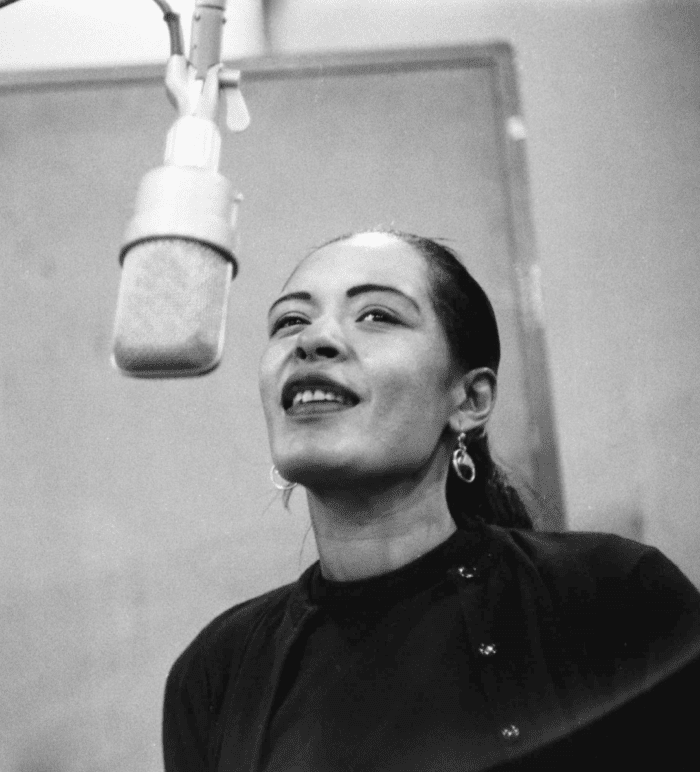
Last week marked 79 years since jazz legend Bille Holiday recorded Abel Meeropol’s poem, “Strange Fruit.” I’d heard the haunting lyrics, about lynchings in the south, before but had never seen footage of Holiday singing it until last Friday—and I haven’t been able to stop thinking about it since. In this recording, she begins looking off in the distance, and then turns to look straight into the camera as she sings “Black bodies swinging in the southern breeze.”
Her stare has made me think about the ways we have and have not confronted our disgraceful past in America—in the way we talk about the “past” even, as if the legacy of slavery was somehow remedied in the civil rights movements of the 1960s and isn’t still haunting us every day. And it has made me wonder: are there any lessons to be taken from other countries who have better atoned? Better remembered? What changes best jolted citizens (who lived with, for example, the holocaust or apartheid) out of complacency?
When we visited the United States Holocaust Memorial Museum in Washington D.C., years ago, the correlating exhibit on propaganda linking the past to the present had such an impact, making one ask oneself about one’s part in public narrative. How important is the role such memorials and remembrance sites, museums about the atrocities of war, play when it comes to restorative justice, I wondered. And where are our memorials?
So I’m heartened a bit this week reading about the opening of the National Memorial for Peace and Justice in Montgomery, Alabama, a museum dedicated to remembering the victims of white supremacy, which attempts to shine a brighter light on the thousands of lynchings that have been documented across the south. From The New York Times: “It is not a conventional museum, heavy on artifacts and detached commentary. It is perhaps better described as the presentation of an argument, supported by firsthand accounts and contemporary documents, that the slavery system did not end but evolved: from the family-shattering domestic slave trade to the decades of lynching terror, to the suffocating segregation of Jim Crow to the age of mass incarceration in which we now live.”
The article about the museum is definitely worth reading; and there have been some very moving stories shared on NPR recently, related to its opening, and addressing the importance of acknowledgment for reconciliation.
Heavy stuff to start the weekend, I realize. Here are the usual mix of links…
The remarkable story of Abel Meeropol, who wrote “Strange Fruit” after seeing a photograph of a lynching. He later went on to raise the children of Julius and Ethel Rosenberg!
Billie Holiday’s rules about the conditions under which she would sing it. (And a book review, considering its significance, if you’d like to know more.)
“The absence of yes.” The Bill Cosby verdict.
I’ve never been someone who enjoys running. I so wish I could change that.
Which means I’m all the more inspired by this!
Preventing childhood mortality with antibiotics.
I feel like brushing dandruff off someone’s shoulder is like the cartoon-ready, universal sign for a**hole. Right? Ugh. (Linked is a more nuanced take.)
Haha! I am the one woman who has it all. “I have so much status.”
Love everything about this Montauk beach house.
Film footage of New York City taken 100 years ago.
On grief. These reader comments made me cry.
Did 23andMe catch a killer? (Some of his crimes were in Davis the year Aron was born!)
I’m not brave about selfies, so this was interesting: “Selfies take courage. They require you put yourself out there in a climate that publicly rejects vanity but secretly revels in it.”
Can you name your family’s favorite things?
Wishlisted. One day? A classic MINI electric.
Eyeing these summer sandals from a comfort brand. (similar and 30% off)
Bittman and Katz on eating right.
Remember those converted artist lofts in Sacramento? Sarah Perez gives us a peek inside.
Two cookbooks with recipes to satisfy your nostalgic cravings: Bravetart and The Vintage Baker
And a Slamdunk (inexpensive) gift for any kid this summer.
[Photo of Billie Holiday via Nott Magazine article on “Strange Fruit”]

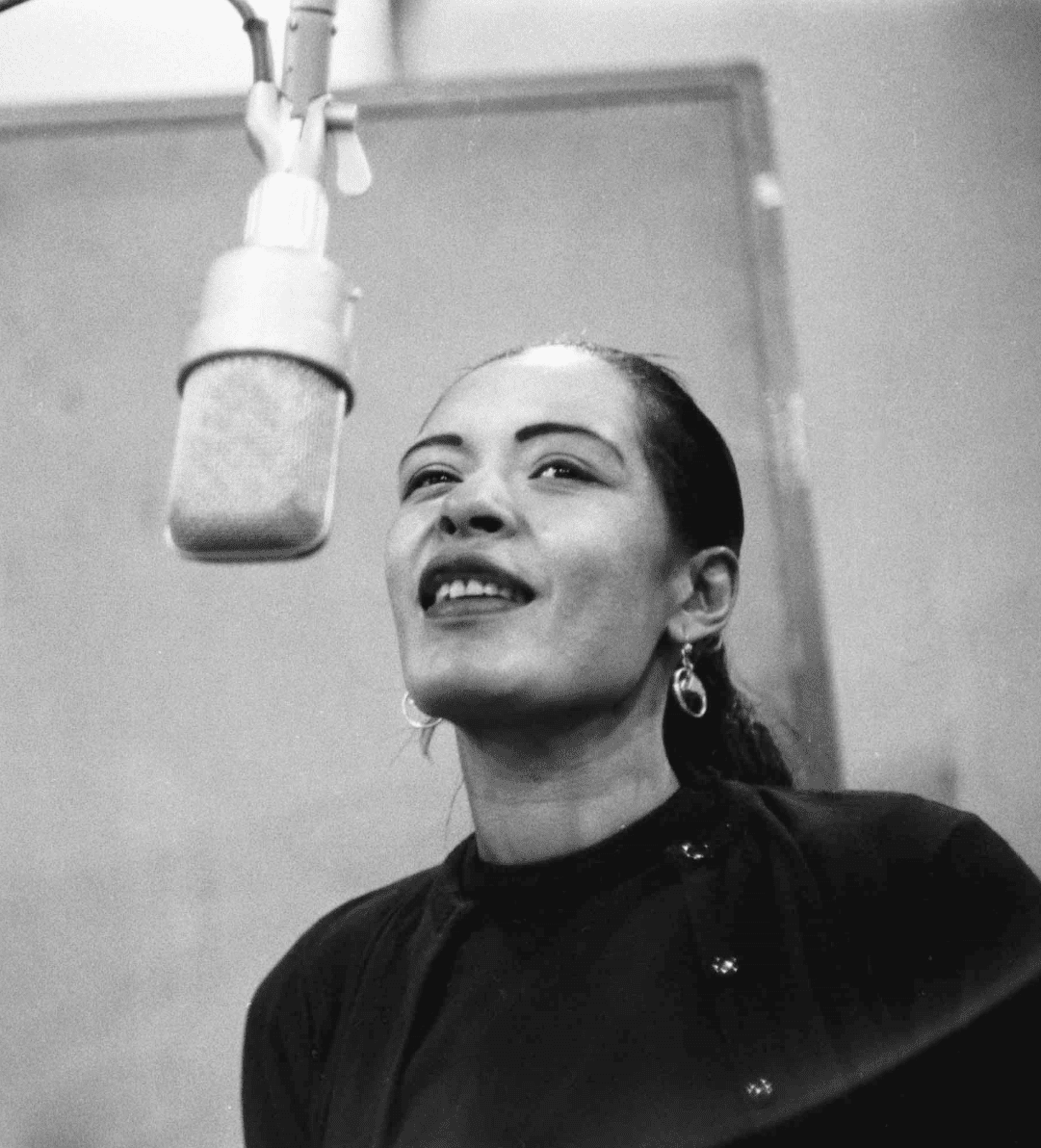
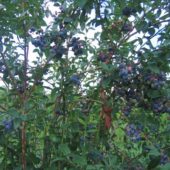


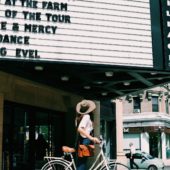
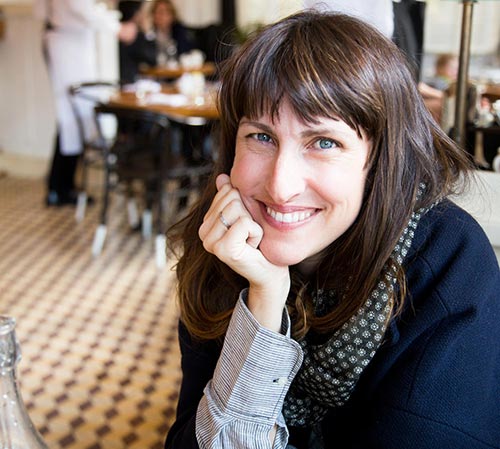


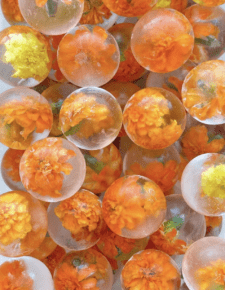
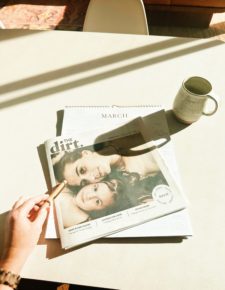

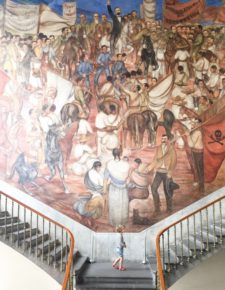
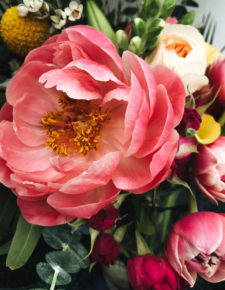
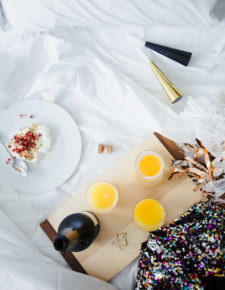

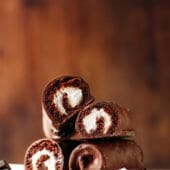




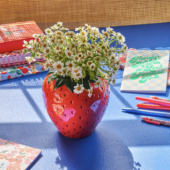

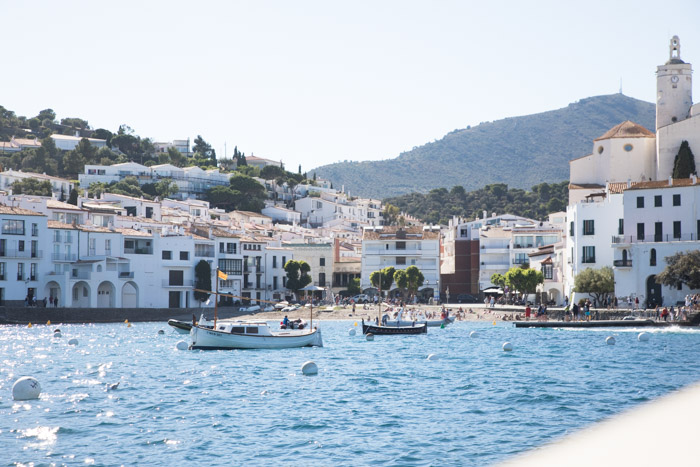
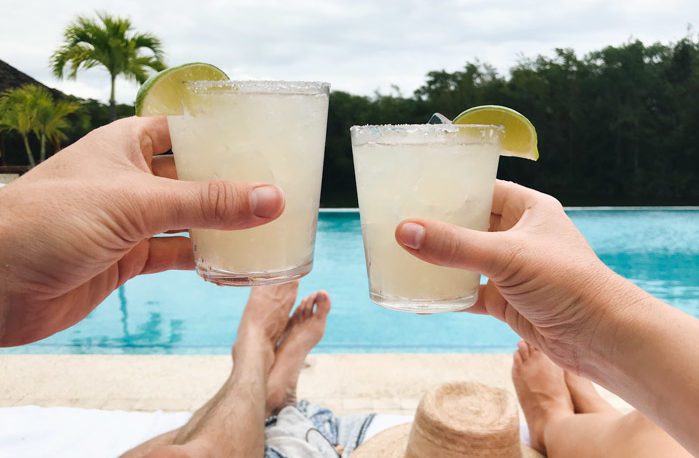
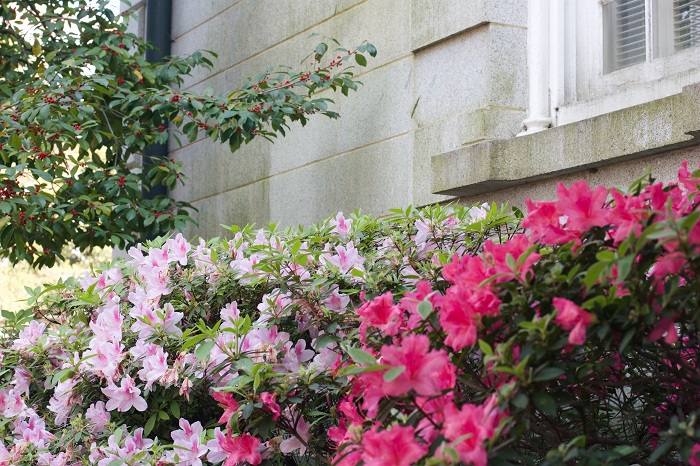

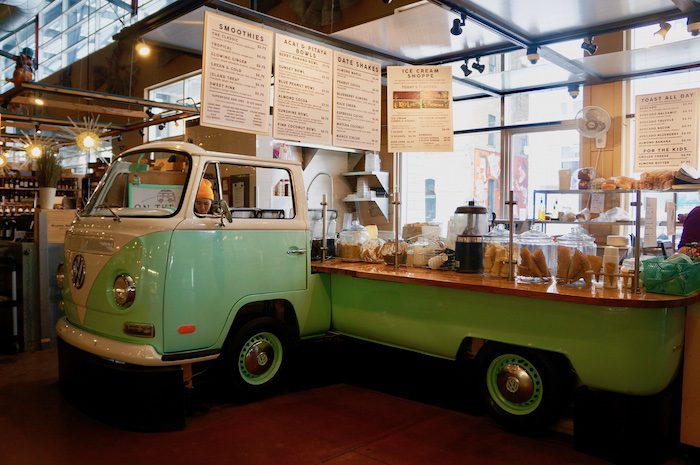

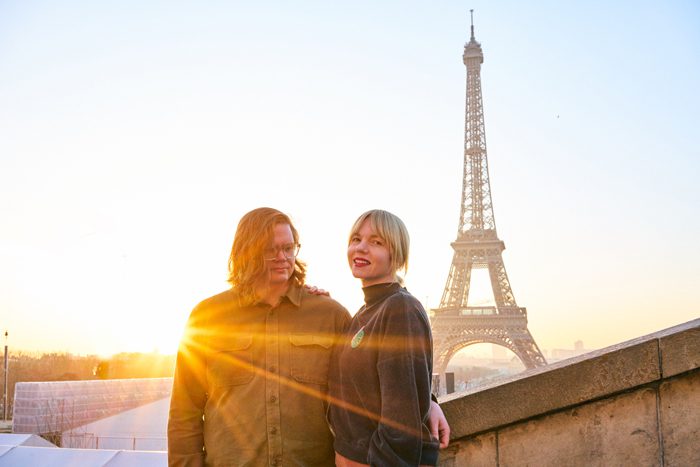
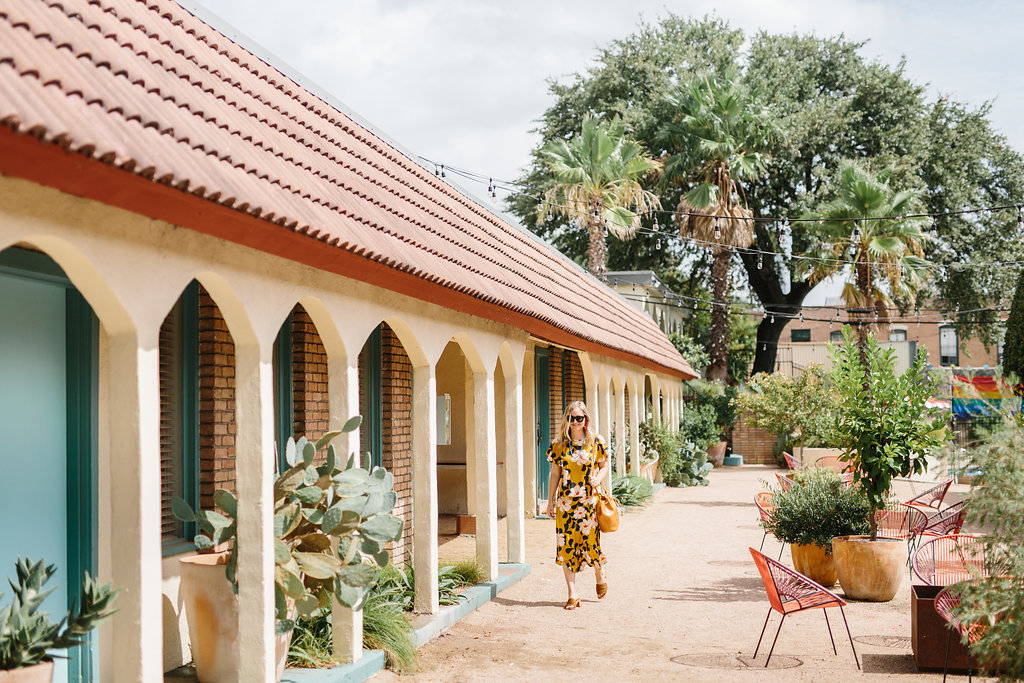

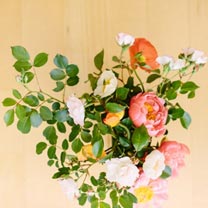




14 Comments